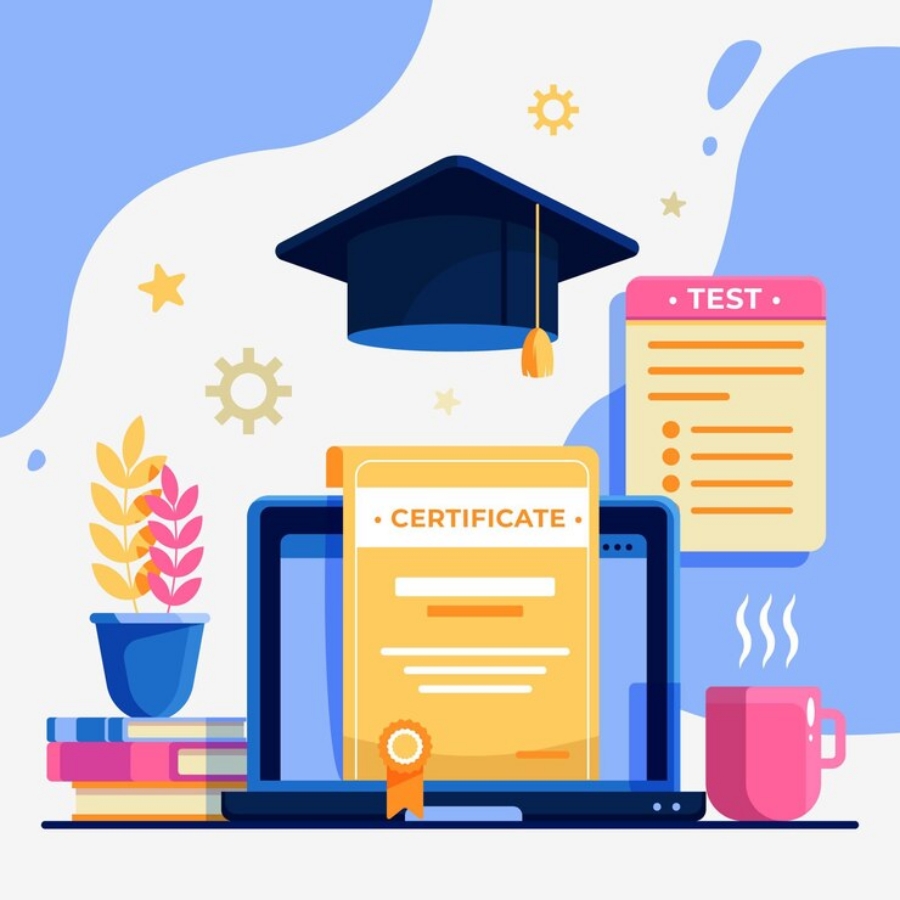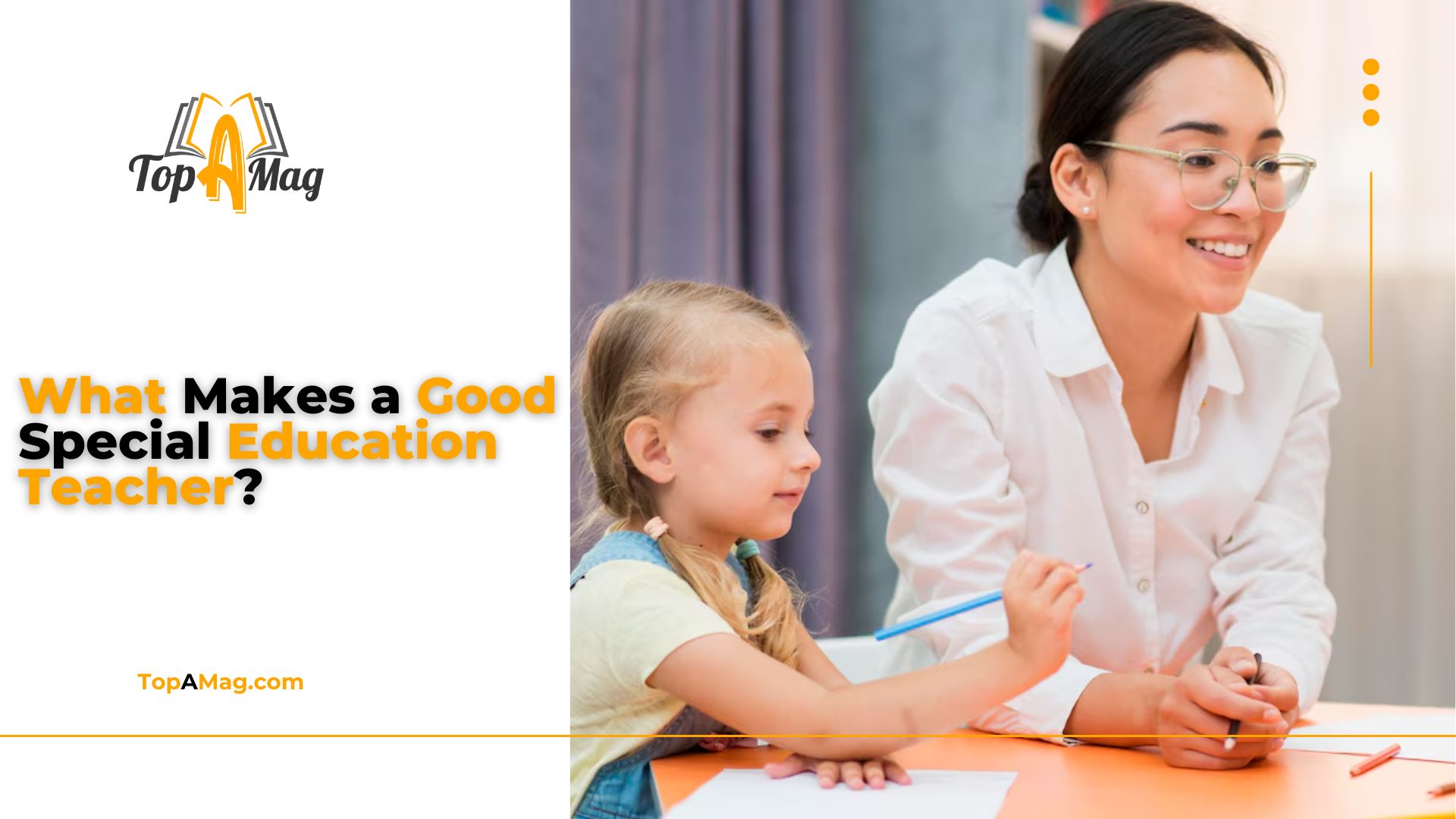What Makes a Good Special Education Teacher
Special education is a demanding and rewarding field that requires more than just standard teaching skills. It calls for a unique blend of qualities, competencies, and continuous development to effectively support students with diverse and complex needs. So, what exactly makes a good special education teacher? This article delves into the essential attributes, skills, and educational requirements that define excellence in special education.
Understanding Special Education
Special education is a tailored approach to teaching designed for students with disabilities, ranging from learning disabilities and behavioral disorders to physical impairments. This field requires educators to use specialized methods and resources to address the individual needs of each student.
A successful special education teacher must first understand the diverse range of needs their students may have. This includes familiarity with different types of disabilities, from specific learning disabilities like dyslexia to broader developmental disorders such as autism spectrum disorder (ASD). Each condition demands a distinct teaching approach, which necessitates a deep understanding of both the challenges and potential of each student.
Essential Qualities of a Special Education Teacher
1. Empathy and Compassion
Empathy allows special education teachers to connect with their students on a deeper level. It helps them to understand the emotional and psychological hurdles that their students may face. Compassion, paired with empathy, enables teachers to offer the emotional support that students need to thrive academically and personally.
For instance, a teacher might use empathetic communication to reassure a student who is struggling with anxiety. This connection helps in creating a safe learning environment where students feel comfortable expressing their concerns and needs. By fostering a compassionate classroom atmosphere, teachers encourage students to engage more fully in their learning process.
2. Patience and Persistence
Patience is crucial in special education due to the often gradual progress that students make. Teachers must exhibit patience when implementing instructional strategies and when working through behavioral challenges. Persistence is equally important, as it drives educators to continue seeking effective solutions and adapting their methods until they find what works best for each student.
A practical example of patience and persistence could be seen in a teacher working with a student who has a speech delay. The teacher might use various speech therapy techniques over an extended period, continually refining their approach based on the student’s progress and needs.
3. Creativity and Adaptability
The ability to be creative in lesson planning and adaptable in teaching methods is essential. Each student may respond differently to various instructional techniques, so a special education teacher must be prepared to modify their approaches and resources to fit individual needs.
For instance, a teacher might use visual aids, interactive activities, and hands-on experiences to teach a concept, ensuring that all students can engage with the material in a way that suits their learning style. This flexibility not only helps in accommodating different learning needs but also keeps students engaged and motivated.
4. Strong Communication Skills
Strong communication skills are vital for special education teachers. They need to convey instructions clearly and ensure that students understand what is expected of them. Effective communication also extends to interactions with parents, caregivers, and other professionals involved in the student’s education.
Regular updates and consultations with families help in crafting and adjusting Individualized Education Programs (IEPs) that cater to each student’s specific needs. Communication with other professionals, such as school counselors and psychologists, is also crucial for a coordinated approach to the student’s education and well-being.
5. Expertise in Behavioral Management
Behavioral management is a significant aspect of special education. Teachers need to have a deep understanding of various behavioral challenges and the techniques to address them effectively. This might involve implementing behavior intervention plans and employing strategies like positive reinforcement to encourage desired behaviors.
A teacher might use a behavior chart to track and reward positive behaviors, helping students build better habits and improve their classroom conduct. Understanding and managing behavior effectively creates a more conducive learning environment and helps students achieve their educational goals.
6. Knowledge of Specialized Tools and Resources
Special education often involves the use of specialized tools and resources such as assistive technology, modified materials, and sensory aids. Teachers must be proficient in integrating these resources into their teaching to enhance learning outcomes for students with various needs.
For example, a teacher might use speech-to-text software to assist a student with writing difficulties or employ visual schedules to help a student with autism understand the daily routine. Familiarity with these tools allows teachers to provide more effective and personalized support.

7. Advanced Education and Qualifications
An advanced educational background is often essential for a special education teacher. While a bachelor’s degree in education provides foundational knowledge, a master’s degree in special education or a related field offers a deeper understanding of educational theories, psychological principles, and effective teaching strategies.
A master’s degree program typically covers advanced topics such as differentiated instruction, assessment techniques, and specialized interventions, equipping teachers with the skills needed to address complex educational needs. This advanced training enhances their ability to create and implement effective educational plans and interventions.
8. Continuous Professional Development
In the ever-evolving field of education, continuous professional development is crucial. Special education teachers must engage in lifelong learning to stay abreast of the latest research, teaching methods, and technological advancements. Professional development can include attending workshops, participating in training sessions, and pursuing additional certifications.
Staying updated with current practices and innovations ensures that teachers can incorporate new strategies and tools into their teaching. This can improve the effectiveness of Teachers and their students’ learning experiences.
9. Collaboration with Families and Professionals
Collaboration is a key component of effective special education. Teachers must work closely with families, school counselors, psychologists, and other professionals to develop and implement Individualized Education Plans (IEPs) tailored to each student’s specific needs.
Working with families helps teachers gain insights into the student’s needs and preferences. While collaboration with other professionals ensures a comprehensive approach to education. This team effort is essential for creating a cohesive and supportive learning environment.
10. Creating a Positive Classroom Environment
Creating a positive classroom environment is fundamental for fostering effective learning. Special education teachers should aim to build a classroom atmosphere that promotes respect, encouragement, and mutual support. This environment helps students feel safe, valued, and motivated to participate in their education.
For example, a teacher might set up a classroom behavior contract that outlines expectations and rewards, helping students understand the importance of positive behavior and creating a more supportive learning space.
11. Addressing Diverse Learning Needs
Addressing the diverse learning needs of students is one of the primary challenges in special education. Teachers must use differentiated instruction techniques to cater to varying abilities and learning styles, ensuring that each student receives the appropriate level of support and instruction.
Teachers may use various instructional strategies, such as small group instruction, one-on-one tutoring, and visual aids, to meet the individual needs of their students. Adapting lessons to suit different learning preferences helps in making education more accessible and effective.
12. Managing Workload and Stress
The demanding nature of special education can lead to high workload and stress levels. To manage these challenges, teachers should employ effective time management strategies, seek support from colleagues, and engage in self-care practices.
Developing a structured schedule, setting realistic goals, and taking time for personal well-being is crucial for maintaining a balanced work-life approach. Seeking support from peers and participating in support groups can also provide valuable assistance in managing the pressures of the job.
Conclusion
In conclusion, a good teacher embodies a blend of essential qualities, skills, and educational qualifications. Empathy, patience, creativity, and strong communication are foundational attributes that enable teachers to connect with and support their students effectively. An advanced educational background, such as a master’s degree, further enhances their ability to address complex needs and implement effective teaching strategies. Continuous professional development, collaboration with families and professionals, and effective management of diverse learning needs all contribute


